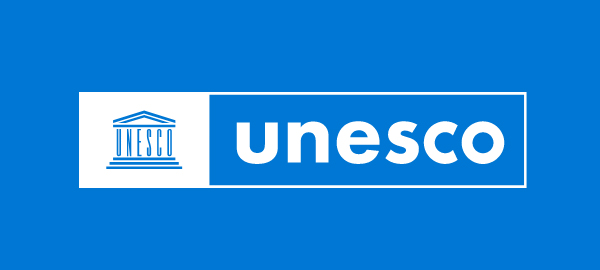The UK and the EU have agreed to step up cooperation on cybersecurity as part of a wider defence and security pact.
The new framework, signed on 19 May, marks a major shift towards joint efforts in countering digital threats and hybrid warfare.
Instead of managing these challenges separately, the UK and EU will hold structured dialogues to address cyberattacks, disinformation campaigns, and other forms of foreign interference.
The deal outlines regular exchanges between national security officials, supported by thematic discussions focused on crisis response, infrastructure protection, and online misinformation.
A key aim is to boost resilience against hostile cyber activity by working together on detection, defence, and prevention strategies. The agreement encourages joint efforts to safeguard communication networks, protect energy grids, and strengthen public awareness against information manipulation.
The cooperation is expected to extend into coordinated drills and real-time threat sharing.
While the UK remains outside the EU’s political structure, the agreement positions it as a close cyber security partner.
Future plans include exploring deeper collaboration through EU defence projects and potentially forming a formal link with the European Defence Agency, ensuring that both sides can respond more effectively to emerging digital threats.
Would you like to learn more about AI, tech and digital diplomacy? If so, ask our Diplo chatbot!




































